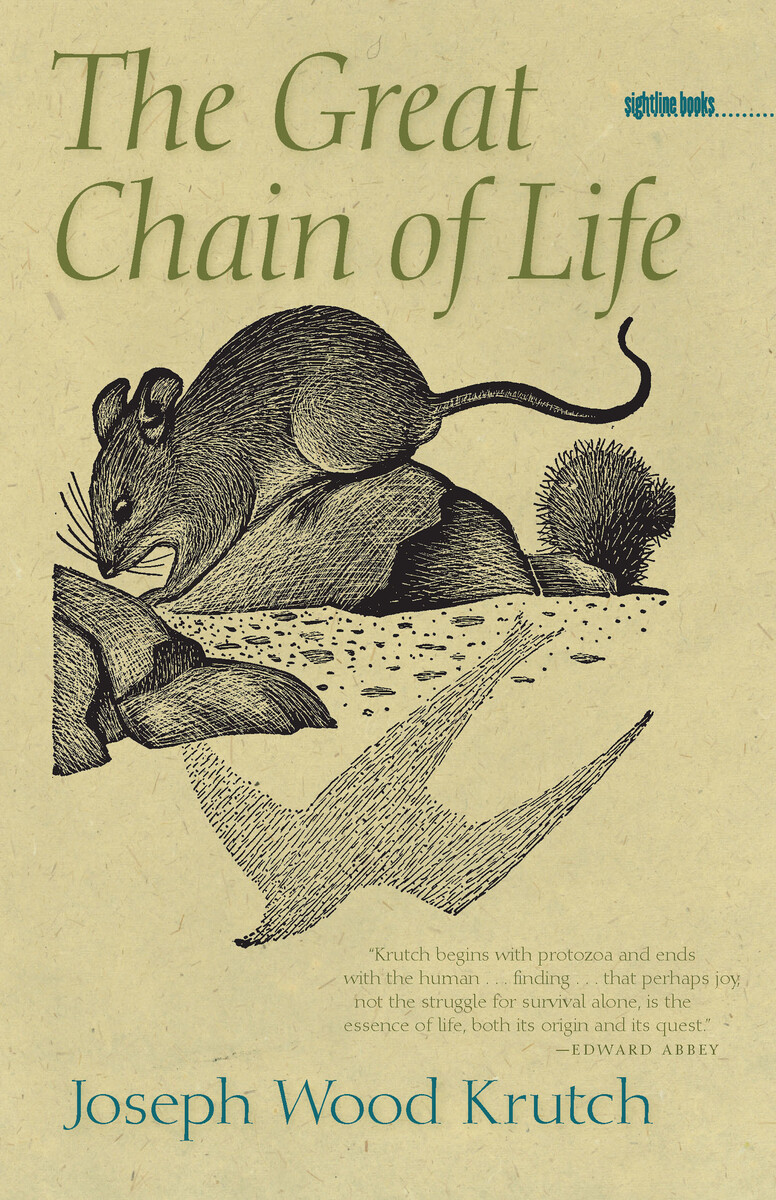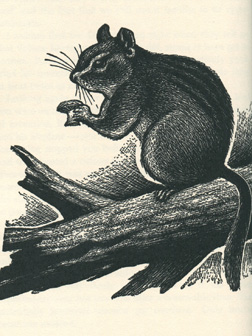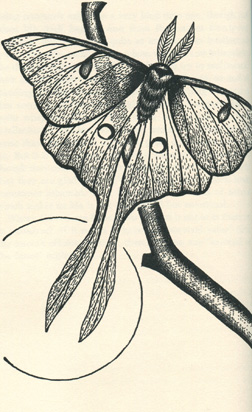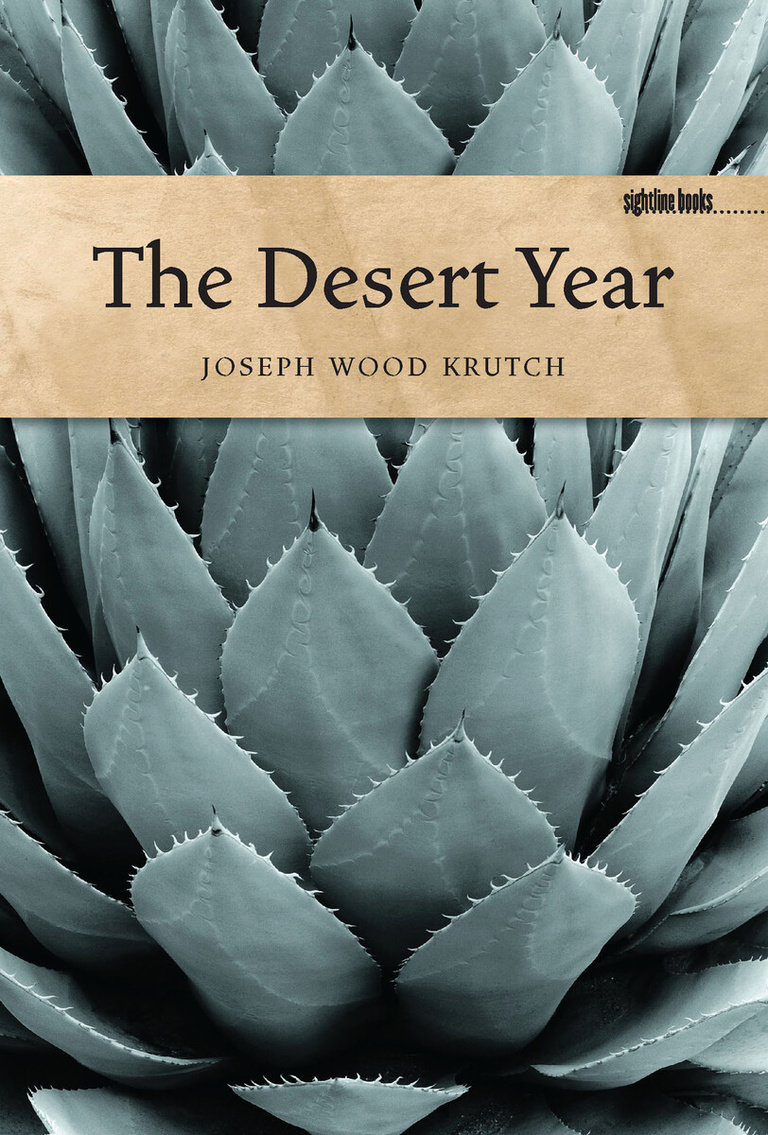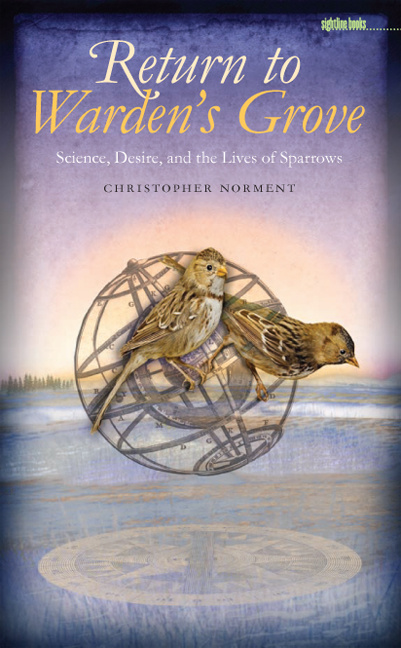Originally published in 1956, The Great Chain of Life brings a humanist’s keen eye and ear to one of the great questions of the ages: “What am I?” A scholar of literature and theater, toward the end of his career Joseph Wood Krutch turned to the study of the natural world. Bringing his keen intellect to bear on the places around him, Krutch crafted some of the most memorable and important works of nature writing extant.
Whether anticipating the arguments of biologists who now ascribe high levels of cognition to the so-called lower animals, recognizing the importance of nature for a well-lived life, or seeing nature as an elaborately interconnected, interdependent network, Krutch’s seminal work contains lessons just as resonant today as they were when the book was first written.
Lavishly illustrated with beautiful woodcuts by Paul Landacre, an all-but-lost yet important Los Angeles artist whom Rockwell Kent called “the best American wood engraver working,” The Great Chain of Life will be cherished by new generations of readers.
“Krutch begins with protozoa and ends with the human—and the sense of a cardinal outside his window, finding in the latter the suggestion that perhaps joy, not the struggle for survival alone, is the essence of life, both its origin and its quest. . . . In his unwavering insistence, to the very end of his life, on the primacy of freedom, purpose, will, play and joy, and in the kinship of the human with all forms of life, he defended those values which form, I believe, the meaning of mankind's history as well as that aspiration toward civilization which is history's only élan vital.”—Edward Abbey
“An endearing voice on the subject of natural history and environmental conservation. Joseph Wood Krutch's firsthand observations of nature, mixed with insightful musings based on what man knew of the world by the 1950s, make for fascinating and enlightening reading.”—James Prosek, author, Trout: An Illustrated History and The Day My Mother Left
“A wise and well-informed humanist has taken the time to look lovingly and wonderingly at the living world around him and to study the ways in which scientists have tried to analyze the world. . . . The best introduction to natural history that has yet been written.”—Marston Bates, New York Times
“In The Great Chain of Life, Krutch repeatedly affirmed a view of animals that was more than merely sympathetic. Man and the other animals are a continuum of life and consciousness, and as such an aspect of a great overall, interpenetrating system. There is no good reason, according to Krutch, to suppose that when a bird sings it is not motivated by happiness and confidence as much as by some mechanical announcement of territory. Furthermore, and this point is crucial to understanding Krutch’s own philosophical development, man can share the joy of animals, and in doing so overcome some of the sophisticated alienation which darkens our time.”—Tom Lyon, Editor, Literary History of the American West
“[Krutch] believes that not everything about the beast is beastly, that to be an animal is to be capable of ingenuity and of joy, of achieving beauty and of demonstrating affection. In this book he is delightfully convincing.”—William Hogan, San Francisco Chronicle
“Joseph Wood Krutch is a master of the natural history essay turned to moral epistle. In this, his meditation on consciousness as manifest through the hierarchies of the living world, he showcases that talent—and indirectly makes a case for a humanities of nature. The Great Chain of Life is a model of a public intellectual at work that can equally serve as a manual of style for how to render difficult topics with grace, acuity, and vigor.”—Stephen J. Pyne, author, Grove Karl Gilbert: A Great Engine of Research and Awful Splendour: A Fire History of Canada
